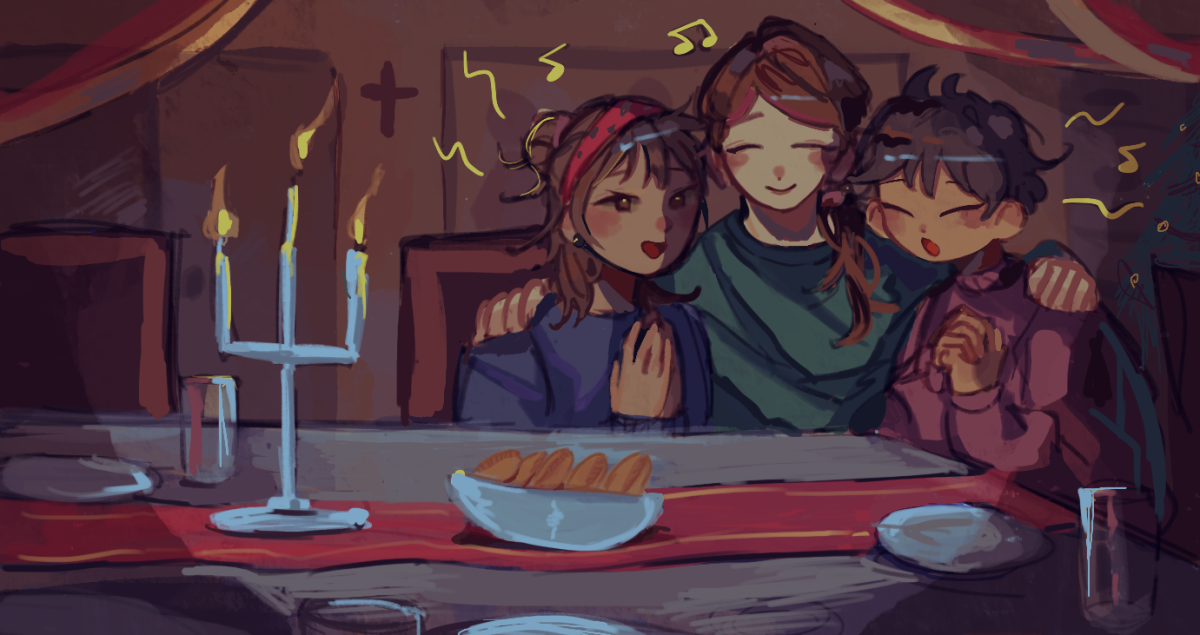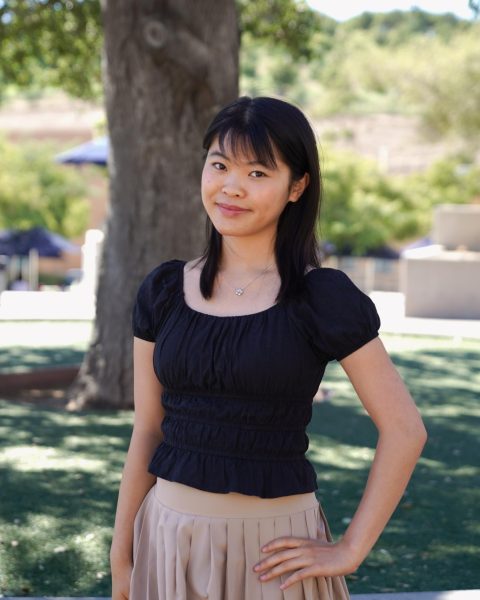Many Americans sing along with timeless Christmas tunes as they drive along streets lined with vibrant LED lights, snowmen inflatables and festive wreaths in anticipation for Dec. 25.
However, in cities across Latin America and parts of the southwestern U.S., many families start celebrating early by spending the nine days leading up to Noche Buena (Christmas Eve) commemorating Novena de Aguinaldos.
The Catholic holiday started over four decades ago by missionaries in Mexico who merged religious observations about the birth of Jesus Christ, the popular Aztec winter solstice festival and the celebration of indigenous Aztec goddess Tonantzin.
During each night of the novena, families and friends gather to celebrate hope, love, faith and respect by praying, reading, singing villancicos (Christmas carols) and enjoying traditional foods such as empanadas, buñuelos, pan de yuca and chocoflan.
Separation from their relatives in other countries during the COVID-19 pandemic and generations of societal pressures to assimilate to the dominant American culture posed significant challenges to communities in the U.S. that celebrate Novena de Aguinaldos.
Despite these obstacles, those who continue to observe the holiday hope to preserve their cultural traditions by cherishing the time spent with their loved ones and sharing their stories with others.
“Immigrants don’t belong anywhere—not where you are, nor where you’re from—so my parents helped create a space where we did,” Carmen Molina Acosta said in an NPR article. “Even if the novenas were nothing like what we might’ve celebrated if we’d stayed in Colombia, the novenas became the heart of our community.”





















































